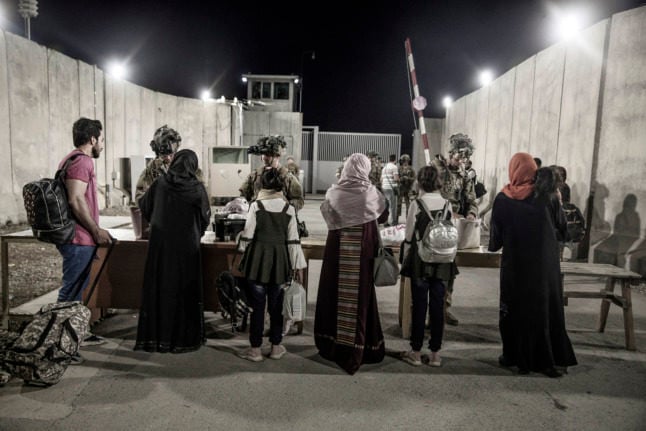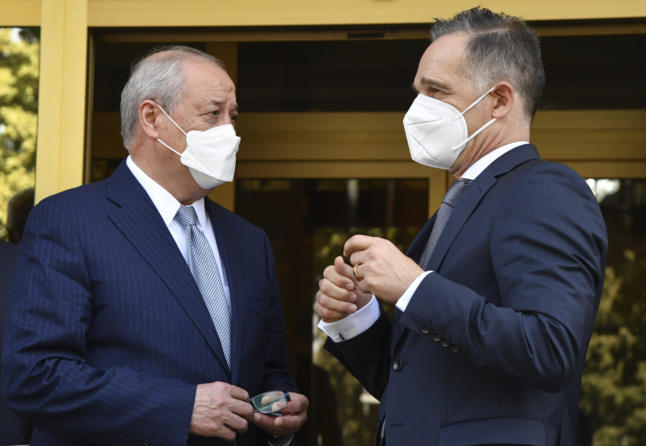The Chancellor said that the people evacuated by the Bundeswehr came from 45 different nations, and half of them were women.
After the government faced criticism over its chaotic response to the Taliban take over of Kabul, Merkel said that the evacuation would end in the next few days. Those who are unable to leave the country will be helped “at all levels,” she promised.
“Our goal must be to preserve as much as possible what we have achieved in terms of changes in Afghanistan in the last 20 years. This is something the
international community must talk about with the Taliban,” Merkel said in a speech to parliament.
Progress made over the years includes access to basic necessities — 70 percent of Afghans now have access to drinking water as opposed to 20 percent
a decade ago.
And nine in 10 people have electricity supplies, up from just two in 10 in 2011.
The fact that the Taliban are back in power is “bitter but we have to deal with it,” Merkel said.
“Many things in history take a long time. That is why we must not and will not forget Afghanistan,” she said.
“Because even if it doesn’t look like it in this bitter hour, I remain convinced that no force or ideology can resist the drive for justice and peace,” said Merkel, who grew up in communist East Germany but saw the regime collapse in 1989.
OPINION: Germany is failing its Afghan helpers – out of fear of repeat of 2015 refugee crisis




 Please whitelist us to continue reading.
Please whitelist us to continue reading.
Member comments